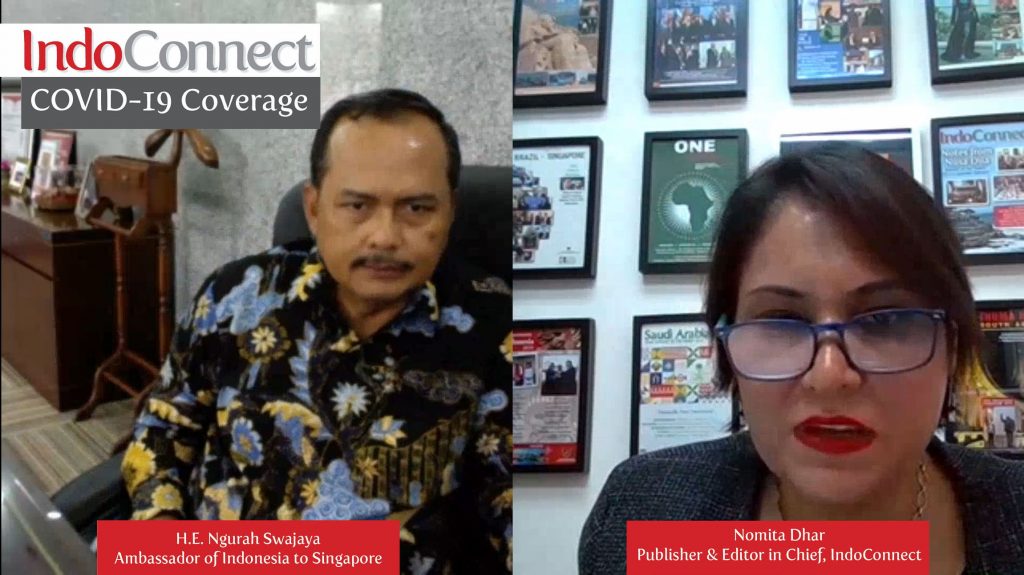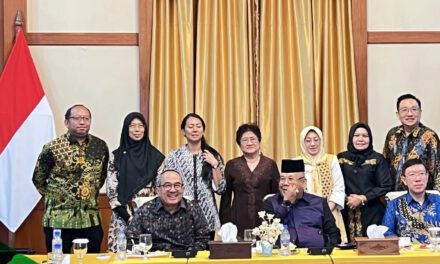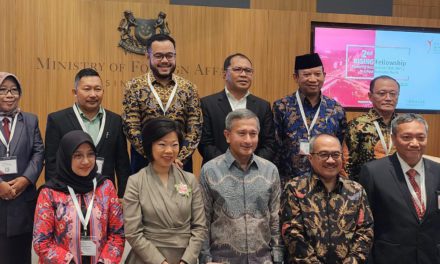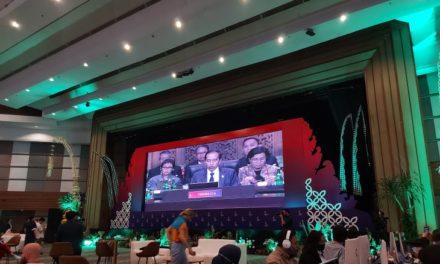Indonesian Ambassador to the Republic of Singapore, HE Ngurah Swajaya, talks to editor-in-Chief Nomita Dhar about Covid 19 and the safeguards being taken against the spread of the virus and its impact on Indonesians in Singapore
Your Excellency, we would like to hear your views on various aspects of the pandemic and its impact on Indonesians here in Singapore. Could you tell us if any of your visiting citizens are affected by the travel restrictions in Singapore? What are the steps being taken by your Mission to help them?
Many of them are affected by these restrictions as Singapore receives the largest number of foreign visitors and we ourselves have 13 Indonesian international airports connecting to Singapore. What concerns me the most are those who are still in the process of medication after their medical operations in Singapore hospitals. For example those many patients from Indonesia who are still undergoing chemotherapy here. For those who are part of this segment of our community our advice to them has been for them to stay in contact with their doctors in Singapore for advice or on how they can continue to undergo chemotherapy treatment in Indonesia if they need to. And for those who want to come for medical checkups at this time, they should opt to do so in Indonesia — and, if not, they should reschedule their appointments here in Singapore for later dates.
We are also issuing daily press releases, regarding the latest information related to COVID-19, to the media as well as through our social media platforms. We have also made available a 24-7 Emergency Number that can be contacted by our nationals. Our public service section at the mission is still open, though its services are right now limited only to urgent issues
How is the Mission coping with the COVID-19 emergency and what steps have been taken for the safety of those working in the Mission?
We have been preoccupied with handling issues related to COVID-19 ever since the Dorscon Alert level was raised to ‘orange’ for the pandemic. In the area of public service at the Mission, we have taken precautionary measures by providing masks and hand gloves to the staff who are directly engaged with the public. We have been addressing this on a war footing for the safety of our own Mission staff; we have gradually also started introducing the work-from-home and other precautionary approaches for all our staff when they are in public space.
Regarding COVID-19 have there been any special directives issued by your government for citizens living in Singapore ?
No specific directive has been given in this context, but we are grateful for the close cooperation between the MOH and Embassy as well as our own MOH, concerning the Indonesians who are being treated for COVID-19 here in Singapore. The directives from the Singapore government’s MOH are monitored closely by our embassy; these are continuously being relayed by us to our citizens. We have responded to hundreds, if not thousands, of inquiries every day regarding the pandemic and are trying to do so to all these in a responsible and effective manner.
During these challenging times, what is the role your Mission has played to keep the cooperation between your country and Singapore going?
We are still doing what we have been doing to continuously enhance our bilateral relations. Although many of the planned activities have been postponed to later dates, we are still making preparations for when the situation gets better. Recently, we arranged the coordination between Jakarta and Singapore in the assistance provided by Singapore for COVID-19, for example the test kit for COVID-19 detection, as also the assistance extended by Temasek Foundation, as well as the range of initiatives by other people to help in dealing with the COVID-19 pandemic. We are hoping that the crisis is over sooner rather than later. Nevertheless, we are also as ready as we can be to accelerate our bilateral projects as the crisis starts dying away and is finally over.








